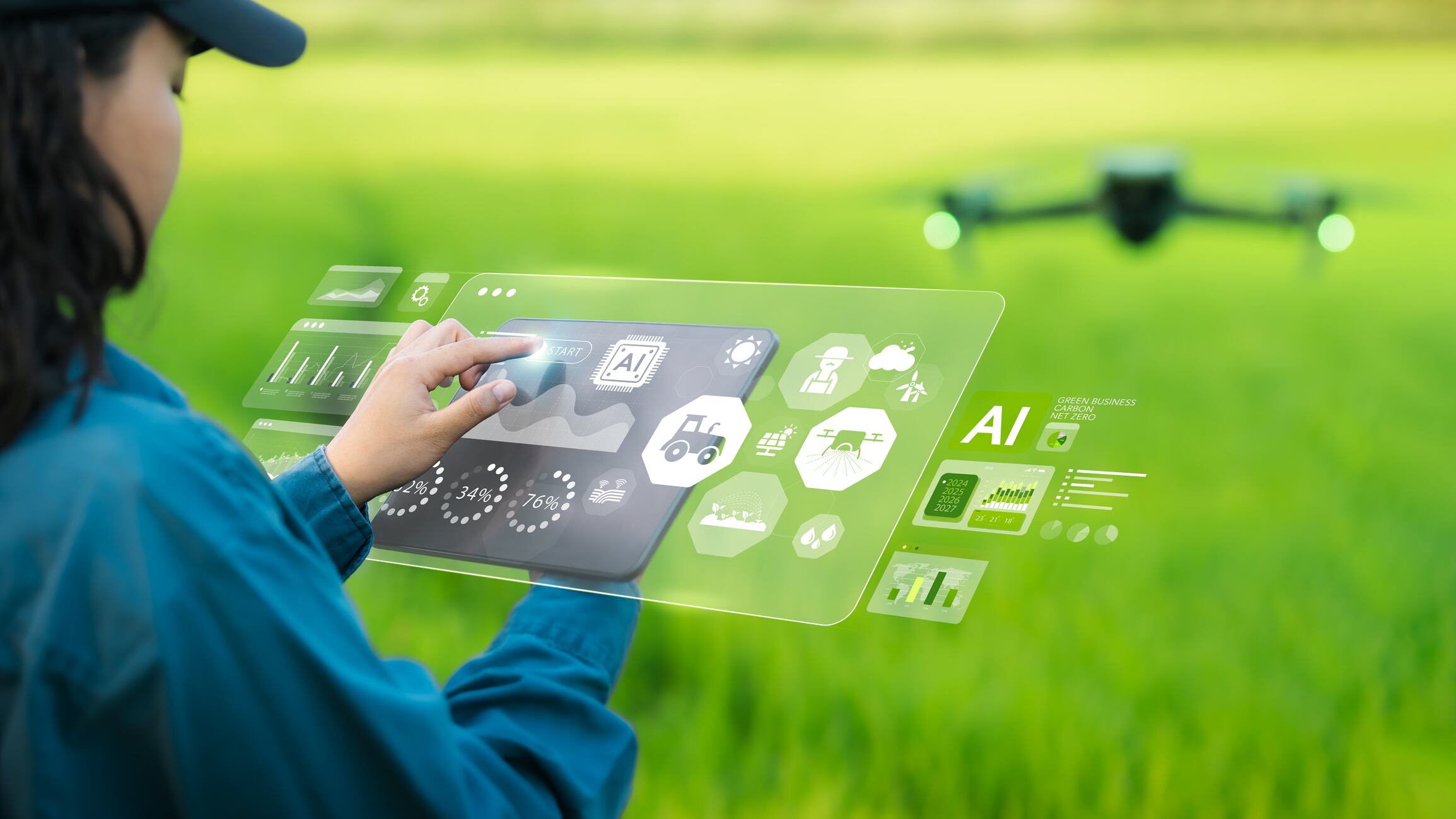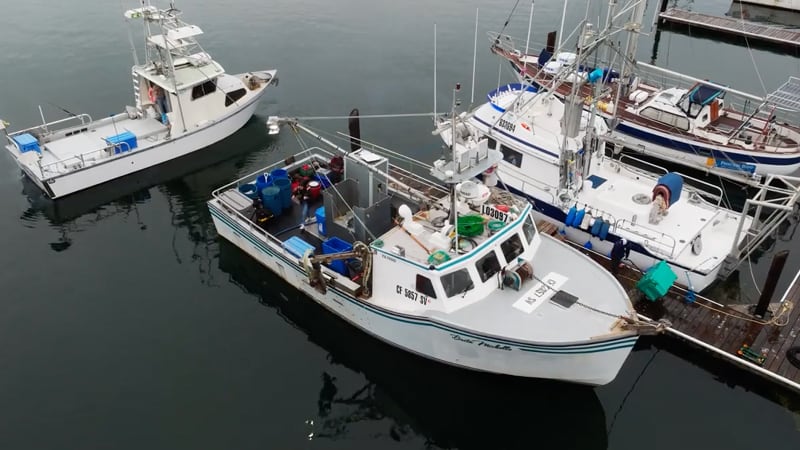
Seafood automation start-up Shinkei Systems hooks $22m in Series A funding
Vertically integrated seafood automation company Shinkei Systems developed a more humane way to process fish, creating tastier and longer lasting animal protein in the process.
Californian seafood robotics start-up Shinkei Systems raised $22 million in Series A funding to expand its Poseidon technology and consumer packaged goods (CPG) brand focused on providing Michelin-quality seafood to the masses, Saif Khawaja, CEO and co-founder of Shinkei, told AgTechNavigator.
Launched in 2021, Shinkei provides an automated way to slaughter fish more humanely while creating fresher and more flavorful fish for consumers, Khawaja explained. Khawaja came up with the idea for Shinkei while studying in college and after reading animal rights advocate and philosopher Peter Singer’s essay If Fish Could Scream.
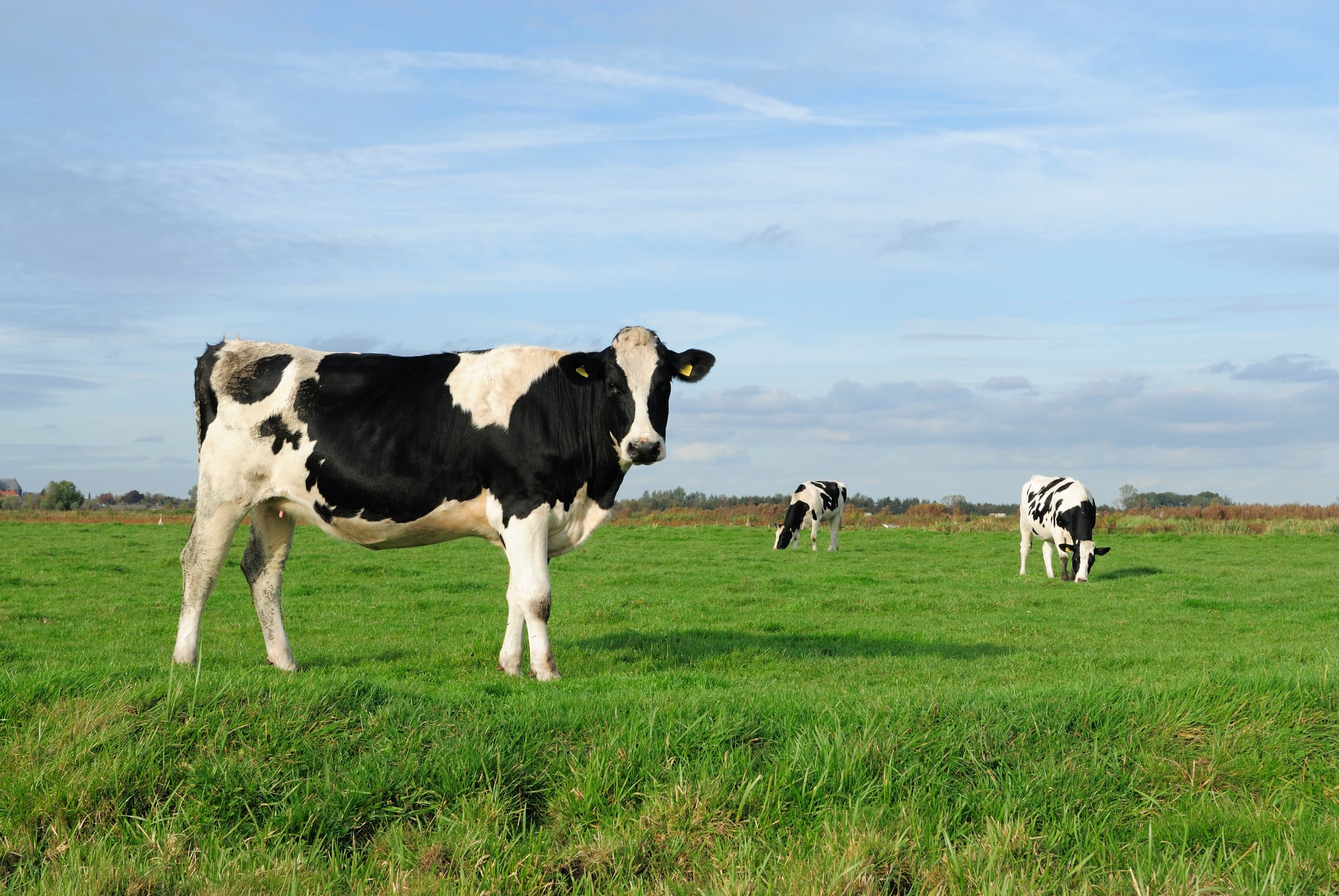
AgriZeroNZ backs two methane-cutting start-ups to help farmers meet Scope 3 demands
AgriZeroNZ has invested in two methane-reducing startups as part of its push to help New Zealand farmers meet Scope 3 emissions targets and hit its goal of cutting emissions 30% by 2030.
AgriZeroNZ recently invested in two startups that aim to reduce cattle methane emissions.
Speaking to AgTechNavigator, head of ventures, David Macdonald said the Kiwi public-private partnership is aiming to help farmers reduce methane and nitrous oxide emissions by 30% by 2030.

Kubota’s agtech innovation strategy: The OEM turns to Agtonomy for specialty crop automation
Kubota’s partnership with Agtonomy is just one piece of the tractor maker’s broader innovation strategy.
Kubota is bolstering its open innovation strategy with a partnership with US crop automation software company Agtonomy, as the original equipment manufacturer (OEM) works to address connectivity and data processing issues that impact agtech adoption, Brett McMickell, CTO at Kubota North America, told AgTechNavigator.
Kubota partnered with Agtonomy to bring automated specialty crop technology to its M5N tractors, improving sprayer operations and reducing pesticide uses, as shared in a press release earlier this month.
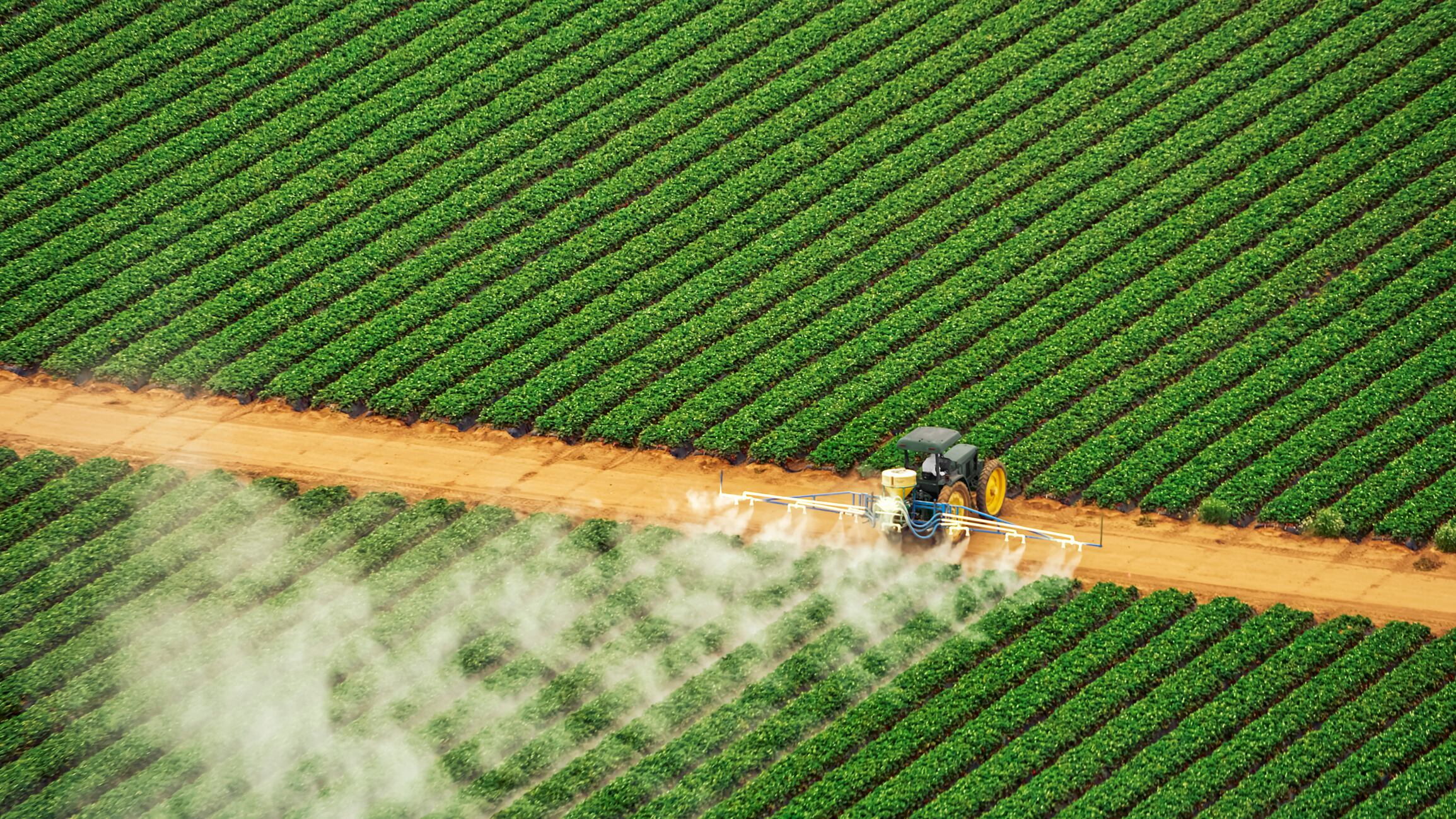
How crop protection is evolving in the face of high-stake pressures – exclusive analysis
In this ‘State of the Sector’ exclusive report, we explore the innovations advancing crop protection and challenges hindering it in the face of mounting pressure to feed a growing population.
Pesticides are often viewed unfavourably with concerns about public health and the environment. But crop protection products remain an essential tool for safeguarding crop yields and ensuring global food security.
“In our global survey, we found that if the farmers do not use any insecticide or fungicide, the loss is at 40. In China, it’s almost the same — 30% to 40% — if farmers don’t useany crop protection products during the planting season,” said Dr Tan Siang Hee, executive director of CropLife Asia.
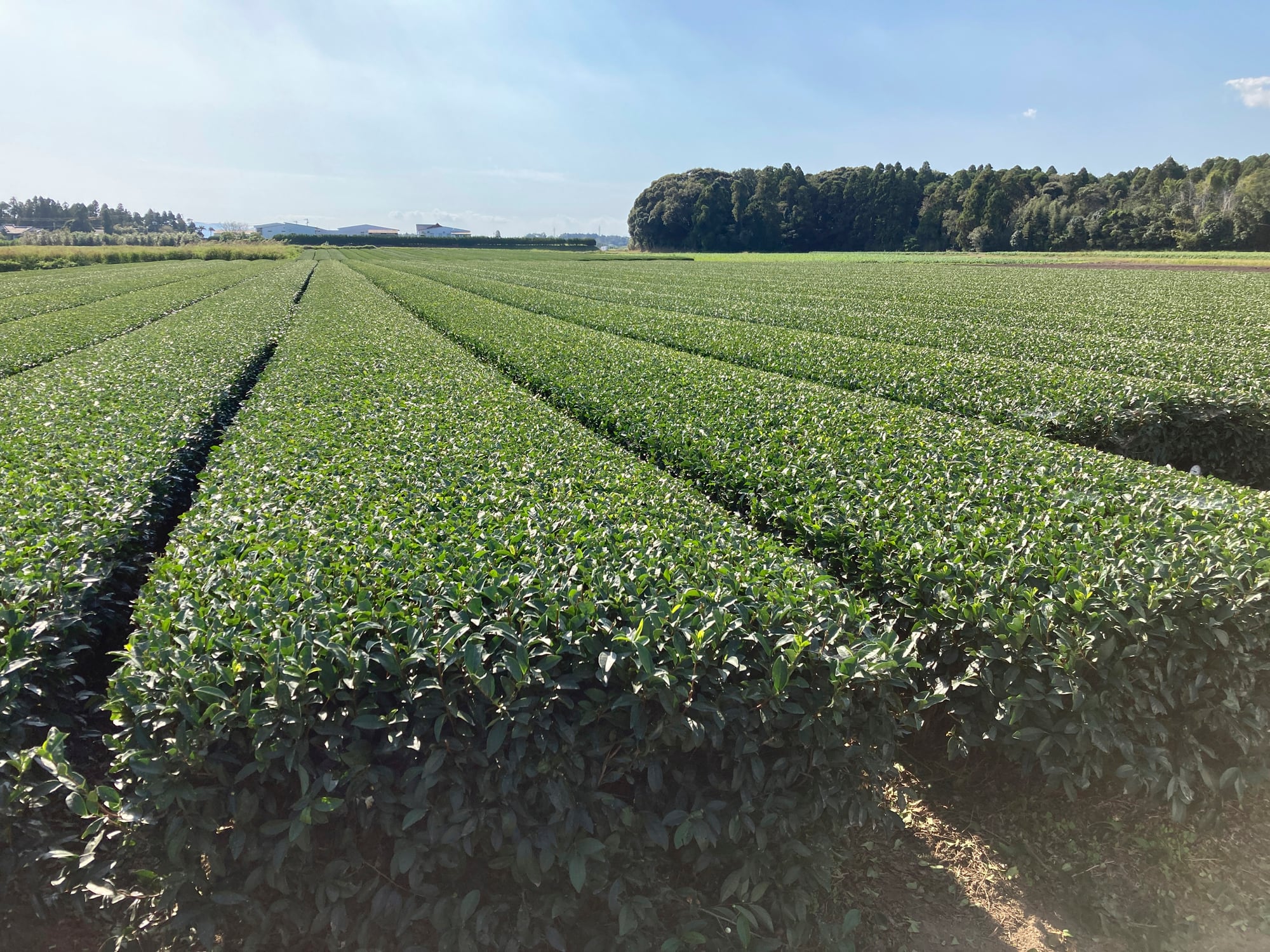
‘A necessary step’: Suntory pilots regenerative farming to secure ingredient sourcing future
Japan’s Suntory Group sees regenerative farming practices, such as the use of biochar, as essential to securing the future of agricultural produce.
The multinational beverage company has explored regenerative agriculture to safeguard its supply of ingredients for the long term.
“We initially had concerns about climate impacts to our critical raw materials and formed a strategy group to review potential impacts and solutions. Through this work we kept coming back to the same solution across many crops to reduce risks of drought and temperature extremes – this solution was regenerative agriculture,” said Brian Golden, senior general manager, global supply solutions department, Suntory Group.

John Deere doubles down on Brazil, highlights agtech innovation at investor day
John Deere’s Brazilian expansion includes a focus on agtech innovation — like its Operation Center and JDLink Boost — while Brazil remains a robust agricultural powerhouse
John Deere is tapping into Brazil’s agriculture growth through technological advancements and a focus on addressing agtech adoption issues, like connectivity, that are still impacting most Brazilian farmers, company executives shared during the Brazil investor day on June 10.
John Deere executives spent nearly an hour and a half at its Indaiatuba, Brazil facility, outlining the company’s strategy for the country and highlighting three focus areas — increasing yield and crop efficiency, boosting operational productivity and facilitating farmer connectivity. Boosting technology adoption will not only unlock growth for John Deere but for the broader ag sector, executives said throughout the presentation.

State of VC funding: Lever VC discusses agtech opportunities, challenges
Lever VC searches for innovative agtech startups to round out its Fund II roster, as the firm watches the evolving macroeconomic climate for portfolio implications.
Lever VC is full-steam ahead with its agtech investment strategy, as the firm hunts for innovative startups for its Fund II roster, Nick Cooney, the firm’s managing partner, shared during the Future Food-Tech event in Chicago this week.
Started in 2018, Lever VC invests in ag and food tech startups that are creating a more sustainable — and often healthier — food system, Cooney explained. The venture capital (VC) firm is rounding the corner on its eighth investment as part of its Fund II, which will likely be in agtech, he noted.
Lever VC started deploying capital from its $50 million Fund II last year, including investment in digital livestock companies HerdDogg and Flox.

When AGI meets agtech: The convergence that changes everything
AGI (or artificial general intelligence) is here and defined as AI that can understand, learn, and apply knowledge across a broad range of tasks at a level equal to or surpassing human intelligence. In this guest article, Mark S. Brooks – the climate scientist turned venture investor and former managing director of FMC Ventures – argues it is set to change what we mean by agriculture. We better be ready.
Nobody asks if you’re using email anymore. Soon, nobody will ask if you’re using AI. And just as agriculture once shifted from oxen to tractors, then from tractors to biotech, the next leap is coming. It won’t be in horsepower or yield, but in intelligence.
This is the convergence of AGI and agtech. And it will rewrite the operating system of life.
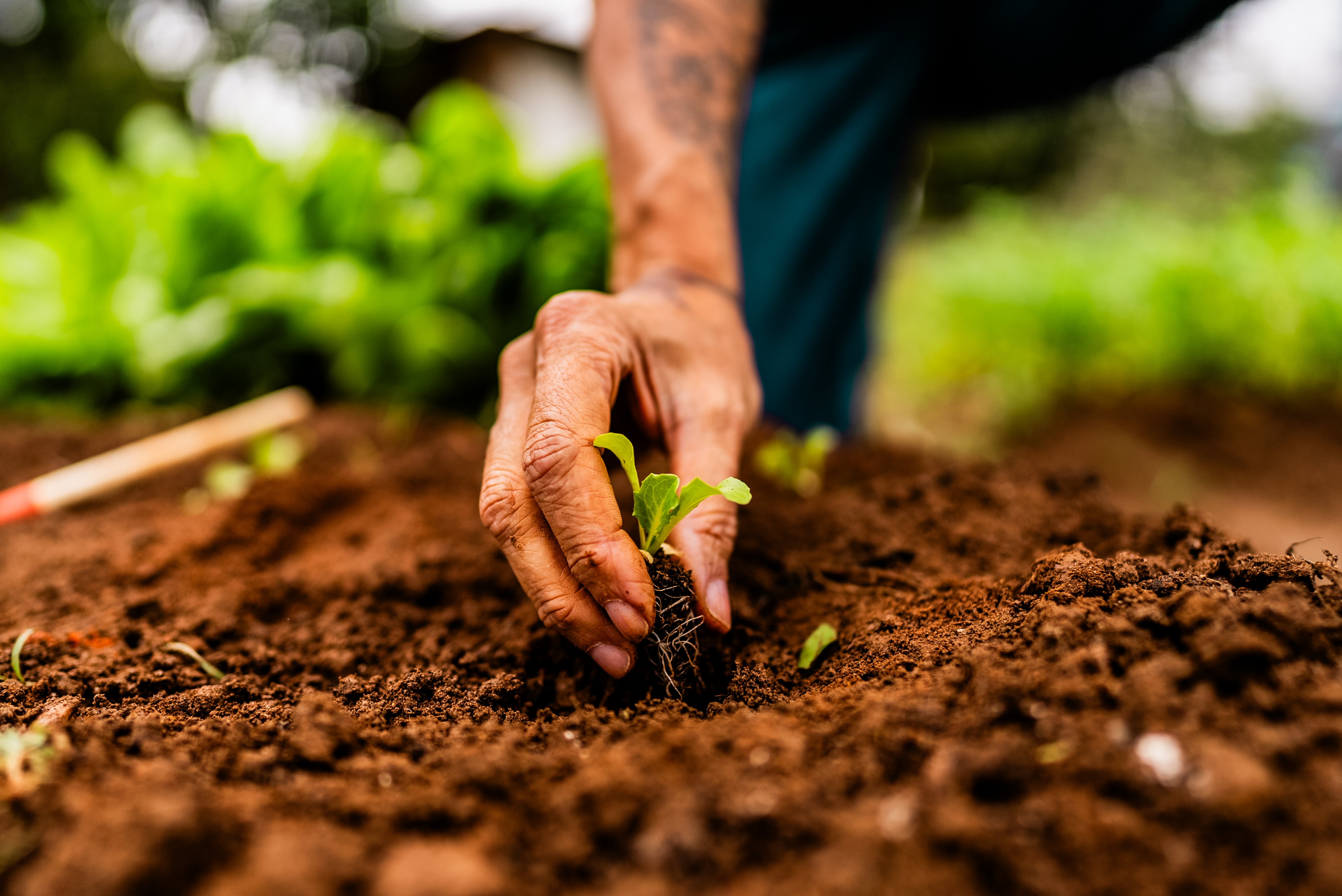
‘Breakthrough’ nanosensor can monitor plant health in real time
Singapore researchers aim to ‘transform day-to-day farming’ with a newly developed sensor that can assess overall plant health in real time.
A nanosensor that can track a key plant growth hormone, indole-3-acetic acid (IAA), in real time across different species was developed by researchers from the Disruptive & Sustainable Technologies for Agricultural Precision (DiSTAP) interdisciplinary research group (IRG) of Singapore-MIT Alliance for Research and Technology (SMART).
This non-invasive sensor that can empower farmer to make data-driven decisions can boost crop productivity and resilience.
“This sensor can transform day-to-day farming by providing real-time, precise insights into plant health, enabling farmers to tailor irrigation, nutrient supply and pruning with greater accuracy. By catching signs of stress early, farmers can intervene promptly to prevent crop loss, optimise resource use and improve overall yields,” said Dr Duc Thinh Khong, Research Scientist at the Disruptive & Sustainable Technologies for Agricultural Precision (DiSTAP) interdisciplinary research group (IRG), Singapore-MIT Alliance for Research and Technology (SMART) – MIT’s research enterprise in Singapore.
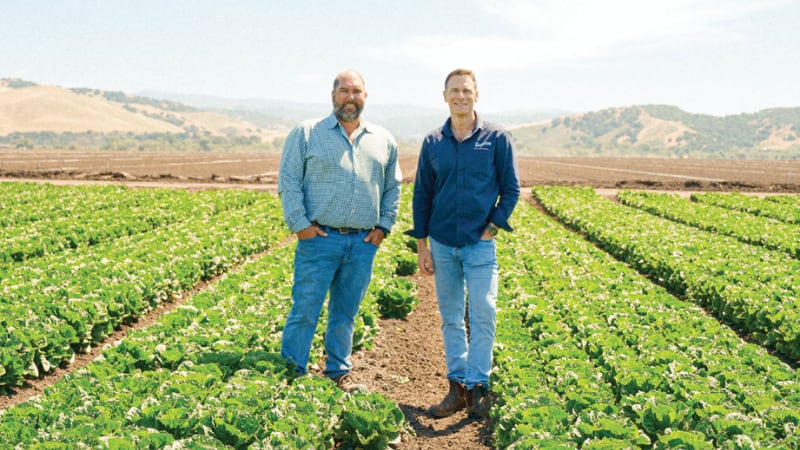
The Reservoir, Tanimura & Antle partner on location for 40-acre robotics incubator
Agtech innovation accelerator Reservoir Farms is one step closer to opening its robotics hub, while the firm works to modernise the agriculture capital markets to boost liquidity in the sector.
A 40-acre farm located at the corner of Highway 68 and Hitchcock Road in sunny California is the home of Reservoir Farms ─ a “purpose-built” agtech robotic innovation hub ─ providing fertile ground for start-ups to test their vision for the future of agriculture, Danny Bernstein, CEO and managing partner of The Reservoir, said.
Venture capital (VC) firm and agtech incubator The Reservoir leased the property from food producer Tanimura & Antle, with 90-year roots in the Salinas, Calif. region. Then, The Reservoir sub-leases the space to start-ups through a multi-tier membership structure, with different levels based on where they are in their funding cycle, (i.e., pre-seed, seed or Series A), Bernstein explained.


